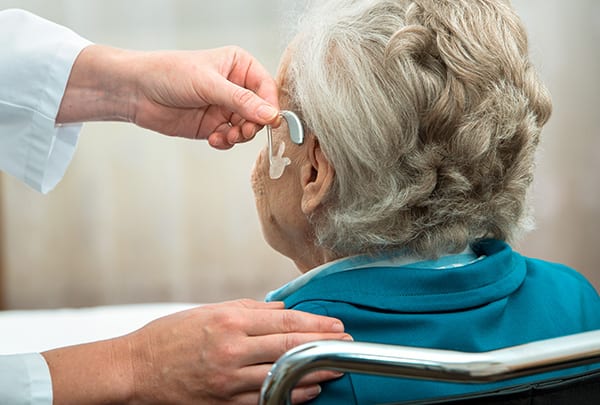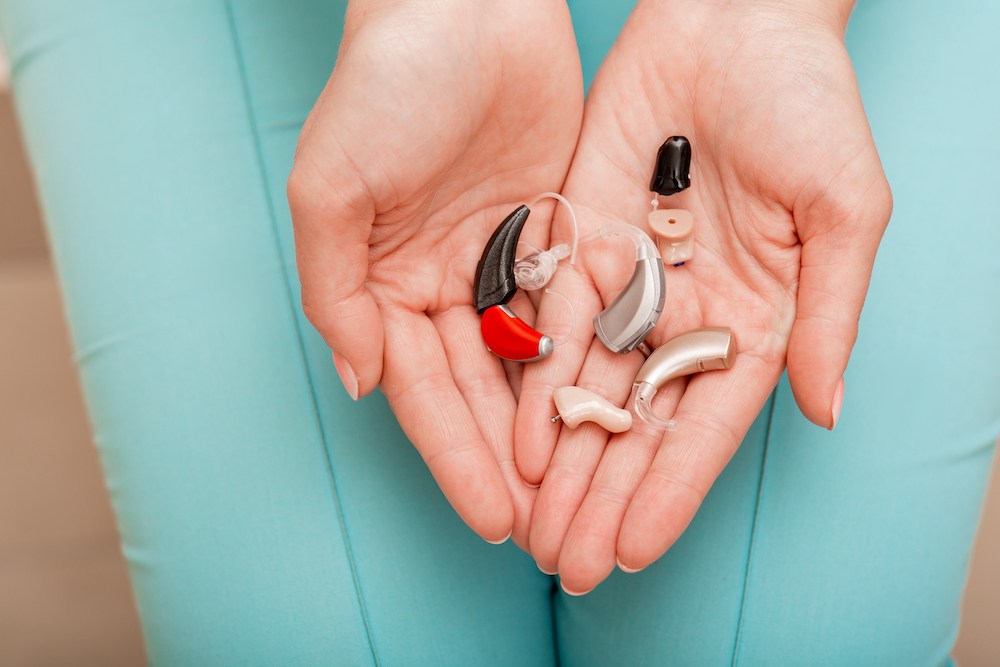Why Does My Voice Sound Weird with Hearing Aids? Occlusion Explained
The first time you speak with your new hearing aids in, there’s a


The first time you speak with your new hearing aids in, there’s a

Hearing aid technology has made significant progress in recent years, and

Warm weather brings a busier social calendar filled with outdoor concerts,